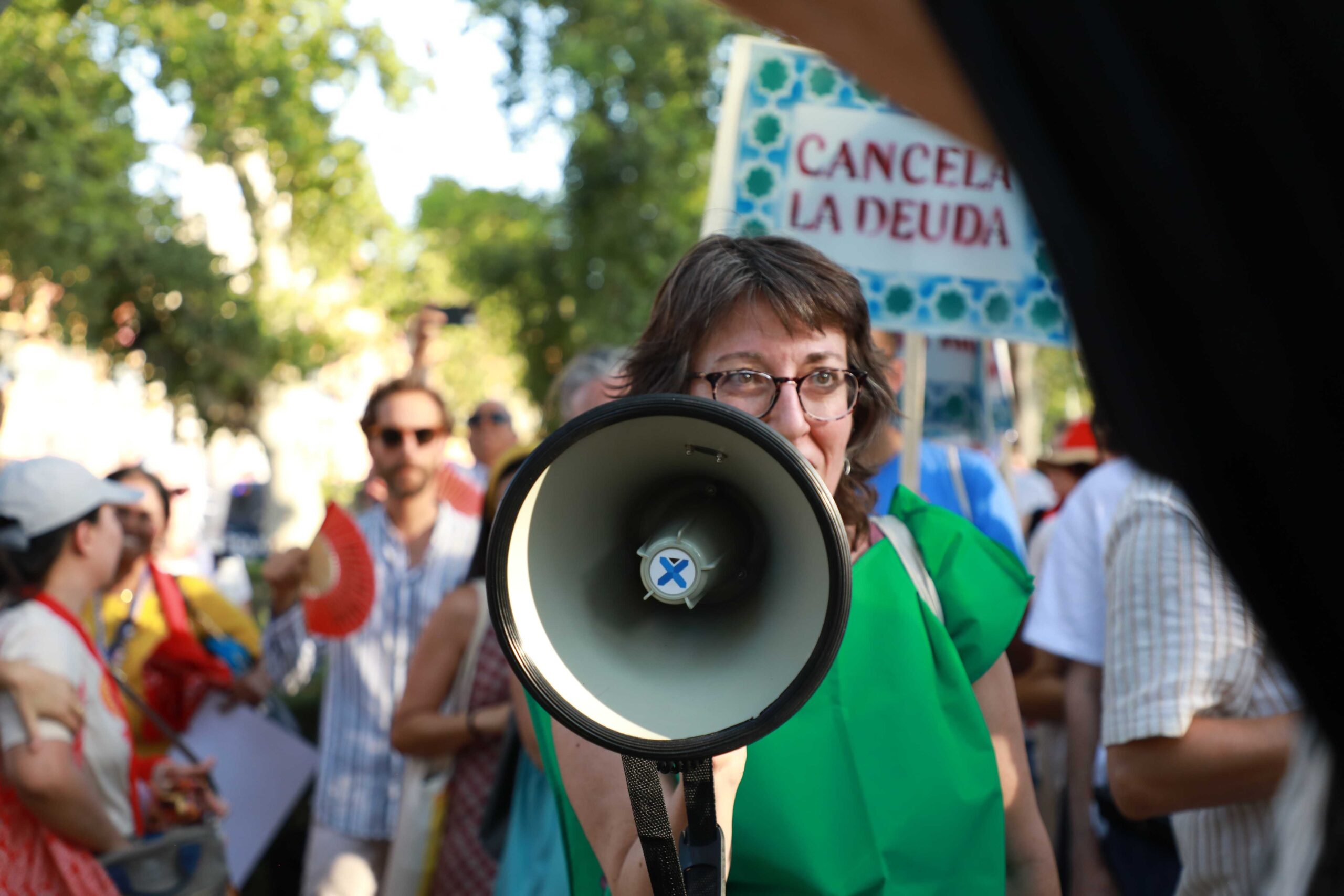By Bibbi Abruzzini and Clarisse Sih, Forus, EU SEE consortium partners
The European Union System for an Enabling Environment for civil society (EU SEE) project announces the launch of its first batch of Country Focus Reports with insights from 86 countries. Country Focus Reports provide a comprehensive, evidence-based analysis of the enabling environment for civil society in each participating country. They are not about ranking countries or comparing scores across borders, but rather about understanding local realities and supporting meaningful, context-driven advocacy.
With participation expected from a total of 86 countries, these reports represent a major collective effort to document, assess and improve the environments in which civil society operates. Country Focus Reports, within the abilities of resources available, look beyond the events and developments in capital cities to include situations in other regions and rural areas of countries, showcasing some of the different experiences of different identities and marginalized communities, as well as for non-traditional CSOs, such as grassroots organisations and social movements.
“The CFR is not just another activity in the EU SEE project. It is not simply a catalogue of our ongoing monitoring of the civic space. It is more than mere observation. It is about defending the principles of democracy and rights in a society grappling with polarization and divisiveness, where truth and respect for individual rights are under threat. By remaining vigilant as truth monitors, we uphold human rights, protect freedoms, transcend self-interest, and ensure the right to association is guaranteed for every citizen. This is the true essence of the CFR.” – Campaign for Good Governance, Sierra Leone
What are Country Focus Reports?
In many countries, civil society leaders rarely get the chance to sit together across sectors, regions and perspectives to take stock of the space in which they operate. The Country Focus Reports change that. Developed by the EU SEE network members, they convene diverse national experts – from grassroots organisers to policy advocates, from women’s rights leaders to LGBTQ+, racial, religious and minority voices – to openly discuss and share their different perspectives that form a more complete picture of the state of their enabling environment. These panels have become as valuable as the reports themselves, fostering connections and mutual learning among actors who might never otherwise be able to meet. It gives them the opportunity to inform and apply their knowledge in a field. It becomes another space where the voice of the collective community that they belong to can be amplified.
The outcome is a rich assessment of both opportunities and challenges for civil society in a given national context. It is a picture of their reality, the enabling environment in which they operate, and an advocacy platform where recommendations can be issued for different actors. Each Country Focus Report blends a quantitative scoring system with qualitative narrative analysis, drawing on panel discussions, monitoring data and case studies. The reports open with a brief country overview, explore six key principles of the enabling environment, and close with targeted recommendations for decision makers alongside a transparent explanation of the research process.
What do Country Focus Reports measure?
The Country Focus Reports methodology evaluates the enabling environment for civil society across all six key principles identified and analysed by the EU SEE methodology:
- Respect and protection of fundamental civic freedoms
- Supportive legal framework to enable association
- Accessible and sustainable resources
- Open and responsive state
- Supportive public culture and discourses on civil society
- Access to a secure digital environment
Each principle is broken down during expert panel discussion into measurable dimensions and rated on a 5-point scale: fully disabling (1), disabling (2), partially enabling (3), enabling (4) and fully enabling (5).
This scoring is complemented by a narrative section offering insights, analysis and recommendations for change based on country-specific realities.
Why are Country Focus Reports important?
The core objective of the Country Focus Reports is to support national, regional and international advocacy efforts aimed at improving the enabling environment for civil society. Grounded in data and lived experience, these reports support civil society organisations to:
- Track the evolution of an enabling environment over time
- Identify legal or political barriers
- Engage more effectively with policymakers, donors and standard-setting bodies
- Strengthen collaborative action within and across countries
By equipping civil society with structured evidence and a shared methodology, Country Focus Reports support more strategic planning for civil society actors, as well as consistent and impactful advocacy.
This work aligns with the EU SEE strategy, which seeks to strengthen civil society’s ability to produce, exchange and act on knowledge about an enabling environment – and to influence decision-makers at every level based on that knowledge.
As the Country Focus Reports are published, they will form the backbone of a growing body of work that can inform future reforms, improve funding practices and support long-term strategies for safeguarding an enabling environment.
At a time when the rights and resources of civil society actors are under pressure, the EU SEE consortium will be sharing the Country Focus Reports through thematic articles, podcasts, and explainer videos, among other formats. Beyond providing data, these reports offer a crucial step toward shifting power: they give other actors — donors, policymakers, and international organisations — the opportunity to meet civil society where it is, with a deeper understanding of its context. By doing their own homework before engaging, these actors can build more equitable partnerships, moving away from the one-sided expectation that civil society must always adapt to external frameworks, and towards genuine collaboration grounded in mutual learning and respect.
Stay tuned to the EUSEE web page for these and more.
